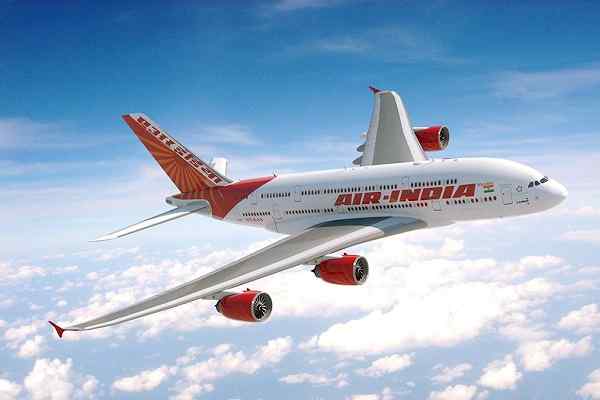 Vensa Infrastructure wins ₹412.58 crore civil contract for Hisar Airport
Vensa Infrastructure wins ₹412.58 crore civil contract for Hisar Airport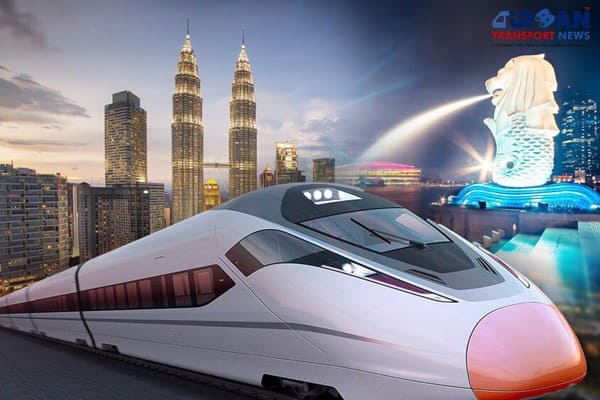 Kuala Lumpur-Singapore high-speed rail project cost could be slashed to RM70 Billion
Kuala Lumpur-Singapore high-speed rail project cost could be slashed to RM70 Billion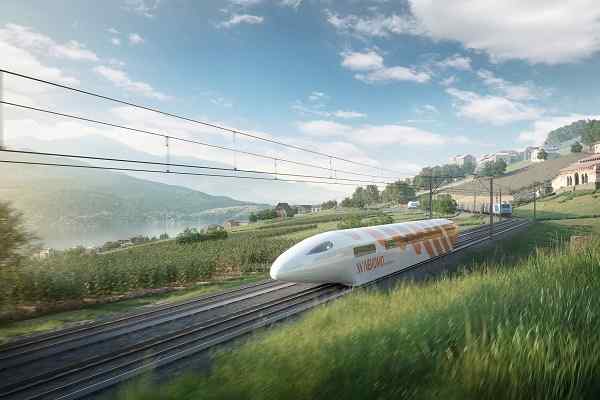 Nevomo's MagRail Technology Selected for Hyperloop Freight Demonstrator
Nevomo's MagRail Technology Selected for Hyperloop Freight Demonstrator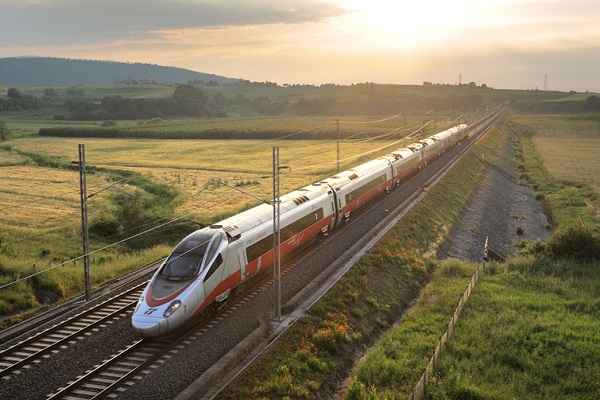 Russia signs deal to procure bullet trains for Moscow - St. Petersburg high-speed line
Russia signs deal to procure bullet trains for Moscow - St. Petersburg high-speed line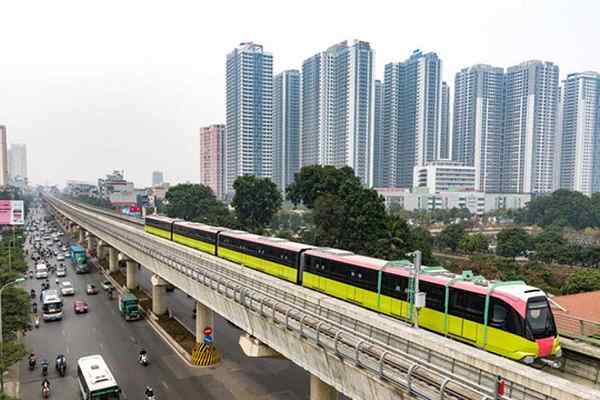 Vietnam plans new metro rail lines to replace its BRT systems in Hanoi
Vietnam plans new metro rail lines to replace its BRT systems in Hanoi 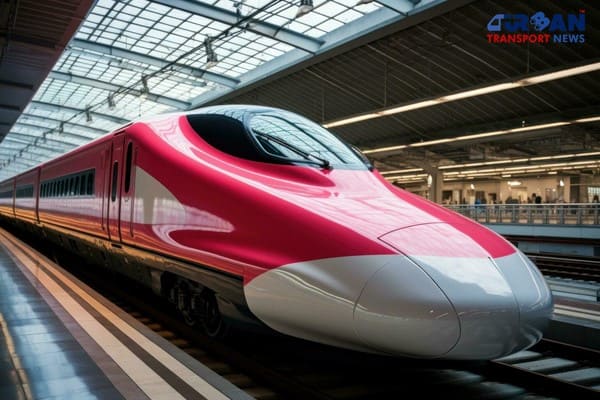 Revolutionizing Indian Railways: The Rise of Indigenous High Speed Bullet Trains
Revolutionizing Indian Railways: The Rise of Indigenous High Speed Bullet Trains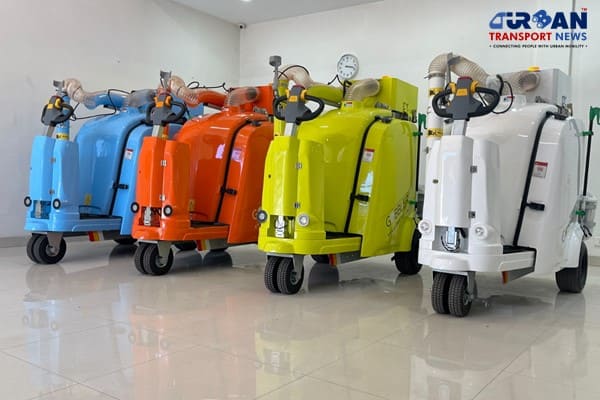 Ayodhya deployed Gobbler Litter Buster to keep the City clean
Ayodhya deployed Gobbler Litter Buster to keep the City clean BMW's Emissions Investigation: What Does It Mean for Drivers?
BMW's Emissions Investigation: What Does It Mean for Drivers?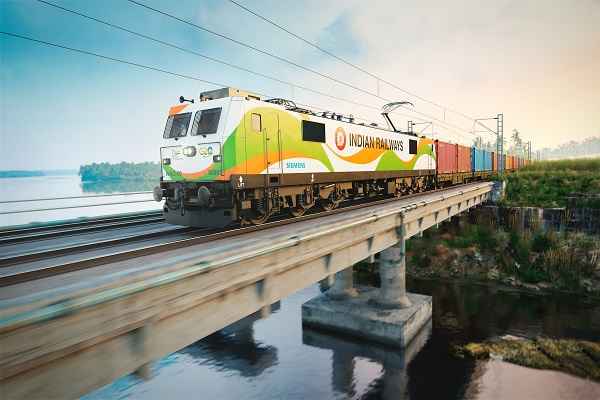 171 Years of Indian Railways: A History of Innovation and Progress
171 Years of Indian Railways: A History of Innovation and Progress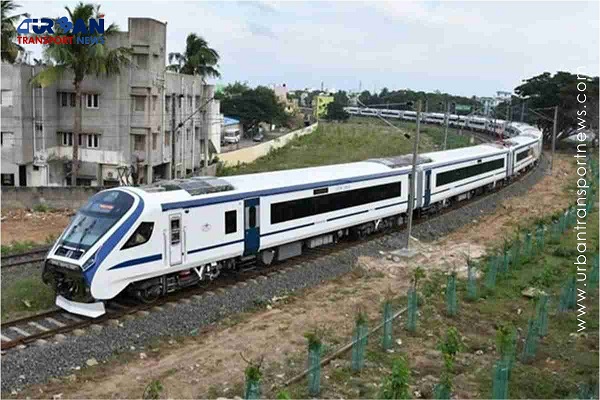 Vande Bharat Express trains carries over two crore passengers since their inception
Vande Bharat Express trains carries over two crore passengers since their inception
70 percent of bus users favour free ride services for women and students

Bengaluru, India (Urban Transport News): Greenpeace India’s latest report, Bustling Through Bengaluru, captures the experiences, emotions and challenges of public bus users in the IT city. The report was released during the event Reimagining The Public Bus In Bengaluru which saw participation by some of the noted mobility experts in the city. Alongside the report release, the event also witnessed a vibrant panel discussion that addressed the multi-layered issues of public transportation in Bengaluru. The panellists included A.V. Surya Sen, Director IT BMTC, Srinivas Alavilli from Janaagraha, Shaheen Shasa from BBPV, Dr. Ashish Verma from IISc and Yashodha P H from Munnade.
Dr. Ashish Verma spoke at the panel discussion, saying, “Everything is connected. Our choices of infrastructure led to rainwater flooding homes of rich and poor alike! The bus is not separate from this, it is very well connected.”
The report focuses on the systematic shifts needed to achieve affordable, safe, inclusive, comfortable and reliable bus-based public transport. The survey captures the everyday travel experiences of bus users and the challenges they face during their journey. The bus-user survey was conducted between January and February 2022, interviewed a total of 558 bus users at Shivaji Nagar Bus station, KR Puram Bus stand, Kempegowda bus terminal, KR Market bus stand, and Chikpete bus stop in Bengaluru.
According to the survey, a whopping 79 percent of the respondents are in support of free bus travel, especially for targeted groups like women and students as they are far more dependent on public transport. Two-thirds of respondents stated that either their travel time or waiting time has increased during the post-COVID-19 period. Mainly women passengers who are more solely dependent on public transport (18 percent) expressed their apprehensions over increase in the cost of travel after the pandemic.
“Post COVID things have become worse for the bus user. There is an urgent need to improve last mile connectivity. Our buses are largely focussing on central Bengaluru and we need to change that. We have to increase the number of buses to reduce travel time and implementing dedicated lanes is critical to make it happen.” said Shaheen Shasa from Bengaluru Bus Prayanikara Vedike.
“We need to stop treating public bus as a profit making entity. Our report reiterates that bus users need more accessible, frequent, reliable, safe and, most importantly, affordable services that connect people to their work, education, healthcare and everyday needs. We have to bring a paradigm shift in how we design our cities and prioritise our resources towards democratic and sustainable transportation that fights climate change and ensures clean air. We have to also look at facilities like bus lanes and increased fleet size as a positive development for the city as a whole, as it benefits all commuters with reduced congestion and pollution.” said Sharat M. S., Climate and Energy Campaigner, Greenpeace India.
Respondents of the survey (45 percent) also strongly put their weight behind the demand to add more buses to the fleet and update bus timetables. Improvement in safety and security, and toilets for all genders are the other major concerns. BMTC commuters stressed the need for the protection of existing bus lanes and the implementation of more such lanes.
“It is a dual challenge for the BMTC, making the city sustainable as well as sustaining BMTC as an organisation. BMTC’s vision is simple, we need to make public buses accessible for everyone,” commented Surya Sen, Director IT BMTC.
Greenpeace India’s Recommendations
Equity and climate resilience need to be front-and-centre of our public transportation systems. In that regard, the report puts forth a number of important recommendations for concerned stakeholders:
- Buses should be made affordable for all citizens, as BMTC fares are expensive compared to other major cities. The Karnataka government should allocate adequate resources for subsiding travel costs, especially for vulnerable sections of the population such as for women, children, senior citizens, differently-abled citizens and economically disadvantaged groups.
- BMTC should protect existing bus lanes and extend such lanes to more routes by identifying suitable corridors. A bus lane is ten times more efficient than a mixed traffic lane when comparing the number of people being transported.
- With the rapidly growing population of Bengaluru, the authorities need to proportionally increase the number of buses in a phased manner. Electric buses should be prioritised to help reduce GHG emissions and improve the city’s air quality.
- The public bus infrastructure needs to be inclusive and safe, and low-floor buses should be procured to make buses accessible to differently-abled people.
- The welfare of public bus employees is critical for an equitable and functional public transport system. Bus drivers and conductors should get fair compensation for their services, and the system that ties wages to vehicle kilometres needs to be scrapped.
Overall, the findings of the report emphasise the need to invest in, and improve, the public bus system for a just transition towards safe and climate-friendly cities.





